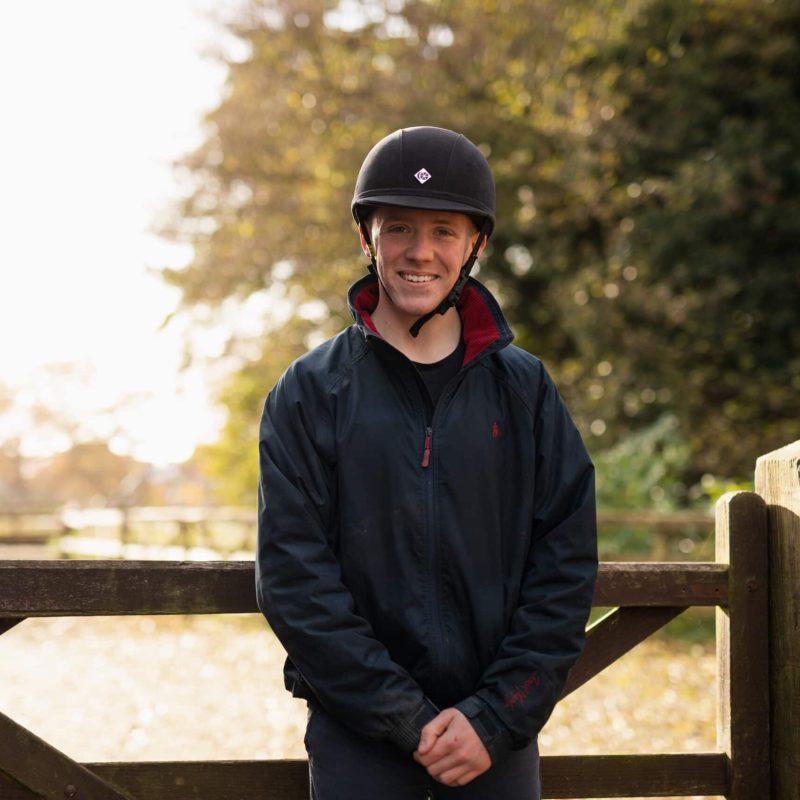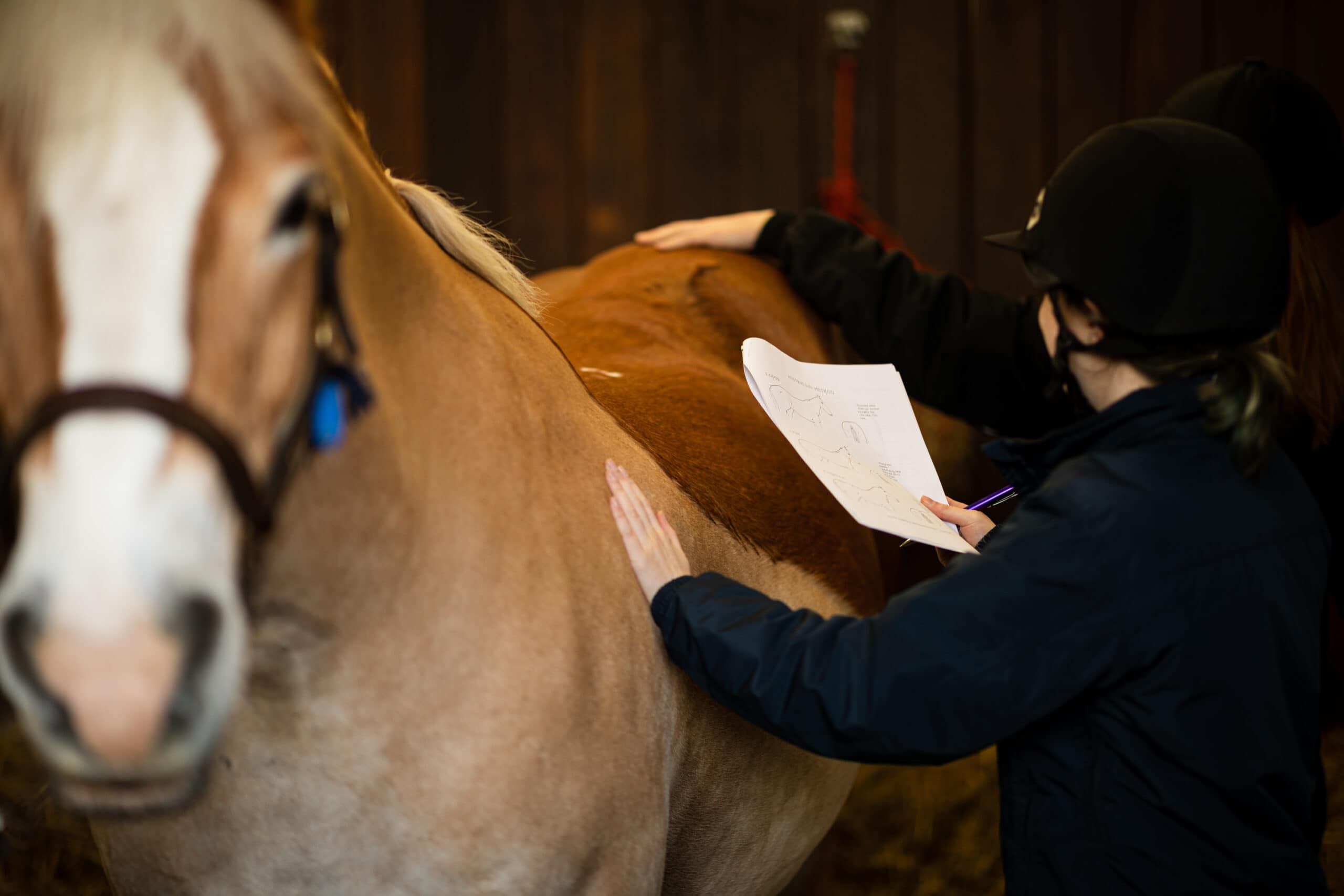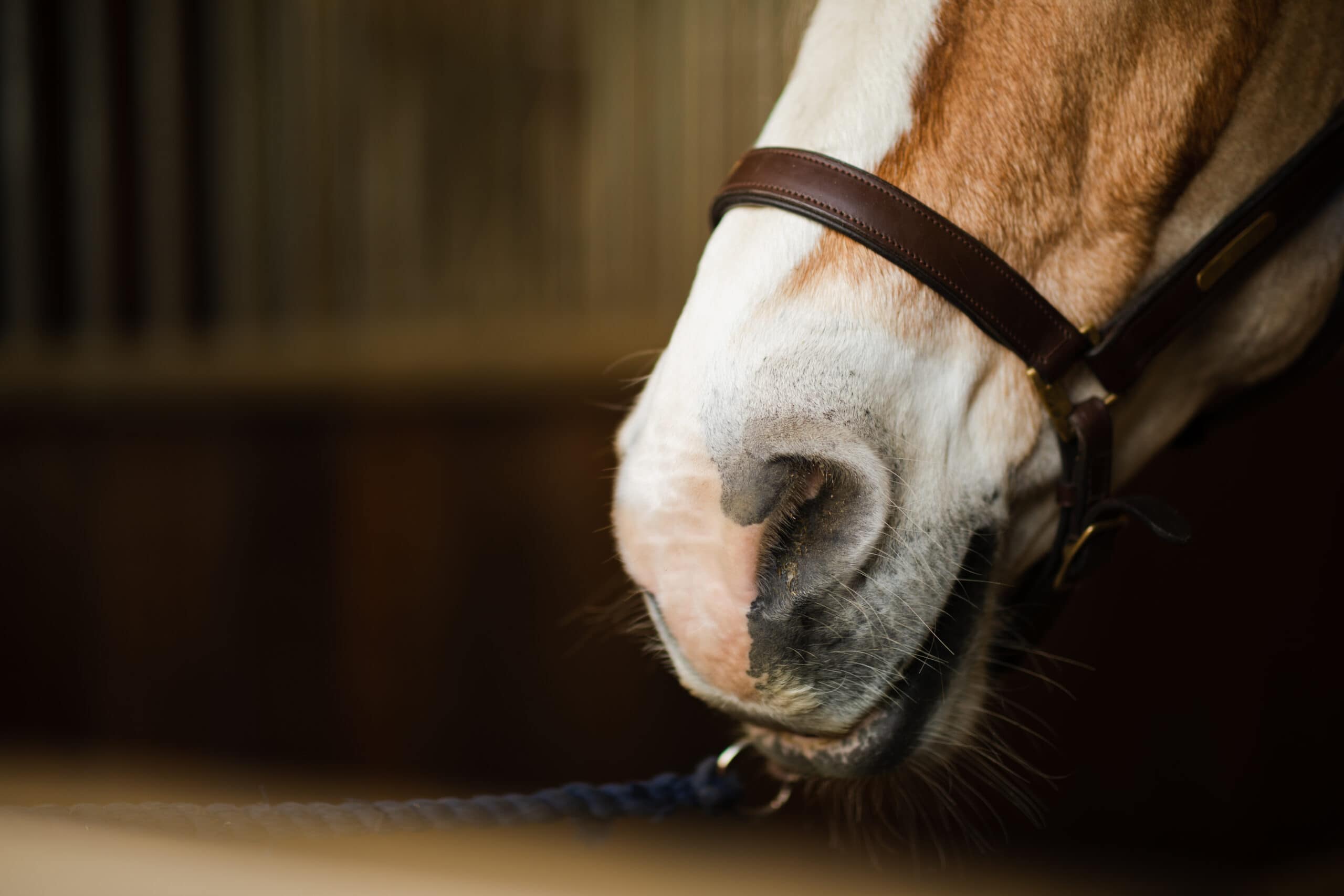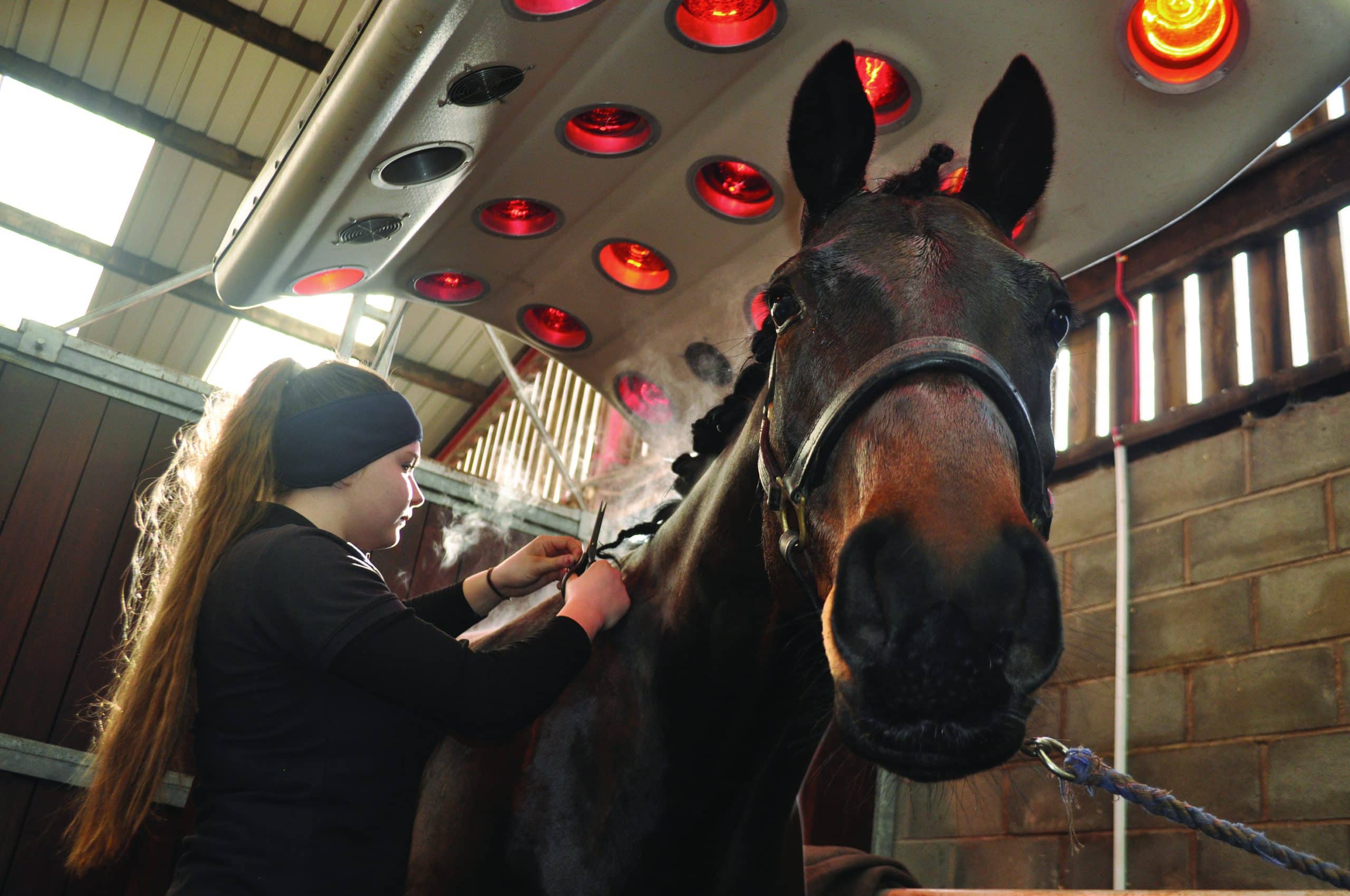If you are interested in pursuing a career in equine science from a behavioural and welfare perspective, then this one-year top-up degree is for you.


In your studies you will explore the advances in equine science with a particular focus on equine welfare and behaviour. With guidance from our expert staff, you will develop a critical understanding of factors affecting equine behaviour and examine a wide range of modification techniques and interventions. In doing so, you will also consider the ethical and welfare considerations of behavioural issues and explore, more broadly, the implications of using equines in modern society.


Modules (all at 20 credits with the exception of the dissertation module which is a double credit module at 40 credits) including:
Successful completion of a level 5 qualification (120 credits at level 4 and 120 credits at level 5), such as a Foundation Degree/HND/Diploma HE, in a relevant subject area.
International Students: This course is not accepting applications from students requiring sponsorship for a Student visa. If you do not require sponsorship please contact UCRAdmissions@reaseheath.ac.uk for further information.
Overall workload
Your overall workload consists of class contact hours, independent learning and assessment activity, plus field trips. The following information gives an indication of how much time you will need to allocate to different activities at each year of the course:
Year 1: 16% of your time is spent in timetabled teaching and learning activity
Teaching, Learning and Assessment: 189 hours
Independent Study: 1,011 hours
Assessment Methods
Assessments are designed to encourage both academic skills and skills valued in the workplace. They include a combination of coursework and examinations. Coursework may take many forms including: essays, reports, data processing, case studies, consultations, presentations, academic posters, seminar discussions, patient history assessments, critical reviews, portfolios of evidence and practical competency assessments. The examinations vary, depending on the nature of the module, but may take the form of essays, case study assessments and data handling questions.
The balance of assessment by examination and assessment by coursework depends to some extent on the optional modules you choose. The approximate percentage of the course assessed by coursework is as follows:
The approximate percentage of the course assessed by coursework and examination is as follows:
Year 1
65% coursework
35% written exams
Feedback
Feedback is supplied via Turnitin or directly from the module tutor. The majority of submissions are made via Turnitin and feedback for coursework is provided within twenty working days after the submission date.
Written feedback will be supported verbally should the student require clarification. Formative assessment feedback will be provided at the time of completion where possible, with more detailed summative feedback for reports.
Students will be able to access course timetables for the academic year in September.
Timetables are subject to change, but most students can expect to spend 2/2-5 days per week on campus.
Tuition Fees
As a student at UCR, you will have two main costs to meet; your tuition fees and living costs.
Our full-time tuition fees for UK and EU students, entering University, can be found on our student finance page. These fees are charged for each academic year of a course and are set by the college annually.
Tuition fees for international students can also be found on our student finance page.
Equipment Costs
Equestrian yard uniform, consisting of grey jodhpurs and a grey polo shirt, is expected to be worn for all practical sessions. Branded UCR polo shirts are available through the UCR online shop for approximately £15.
Students would be expected to provide their own PPE with minimum riding hat standard of PAS015 and suitable yard boots. Students should also be prepared to purchase riding gloves and a waterproof coat without a hood (grey).
You can expect equipment costs to be in the region of £300 depending on brand and retailer.
Lab coats are provided however students can purchase their own if preferred.
DD60
Before applying, please visit our Apply Now page for further information
Relevant Foundation degree
September 2026
Full-time: 1 year
Here you will find useful information about the services and support available at University Centre Reaseheath. Click to expand each item:
University Centre Reaseheath is committed to providing additional financial support to those who need it. To find out about the bursary schemes available visit the additional financial support pages.
For students to get the best out of their time at University Centre Reaseheath, we must both recognise that we owe obligations to each other. These obligations are set out in our UCR Student Contract. Before you accept an offer of a place at University Centre Reaseheath, it is important that you read these contract conditions. If you are going to be living in Halls of Residence, you will also need to read the Student Accommodation Licence Conditions. Both of these contracts can be found here.
Click here to view the University Centre Reaseheath Student Protection Plan.
All UCR students are given the opportunity to apply for residential accommodation. First year students are guaranteed accommodation and this offer is made to all applicants who live more than a reasonable daily travelling distance from Reaseheath (providing you have applied before the UCAS equal considerations deadline. For full details on our halls of residence visit our accommodation page.
We have a team of dedicated professionals on hand to offer you support. These include our Student Services Team, Inclusive Learning Team, Library and Learning Resources Team and the Reaseheath Careers Service. You can find more information on the support provided at Reaseheath on our support page.
University Centre Reaseheath is proud to welcome international students. For more information, please visit our international students page.